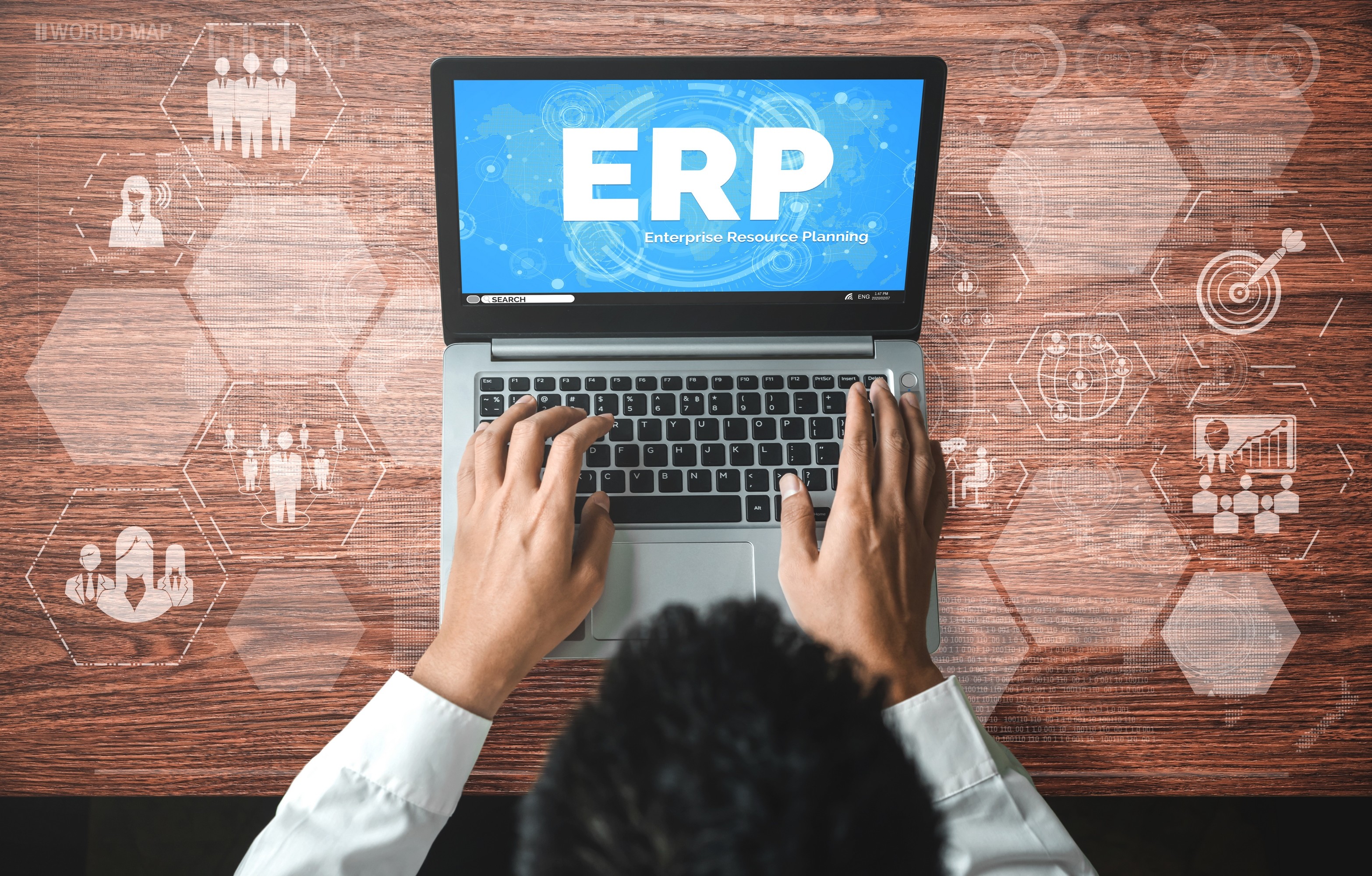
In today’s time, every business organization has deployed an ERP Solution that helps it in aggregating and organizing the data present across various departments in the organization. The traditional ERP software is usually present at the parent organization’s infrastructure, which constantly demands updates and servicing.
Challenges with Traditional ERP
Most businesses opt for an ERP system, as it easies their intra and inter-departmental processes. However, despite easing the core processes, a traditional ERP implementation possess multiple challenges to the SMBs in the form of-
- The key challenge related to a traditional ERP Is that it becomes difficult for smaller businesses to understand the key processes and how they will benefit by implementing ERP systems.
- Another challenge with a traditional ERP is the lack of flexibility. In case the installed ERP is not flexible, then businesses are forced to adopt the processes as per the ERP to make it functional.
- A traditional ERP software often demands regular maintenance, thereby bringing in associated maintenance costs. The maintenance costs in ERP after it is implemented are much higher. Since the ERP systems are not deployed with any other businesses, smaller businesses are forced to pay the entire cost of the ERP software.
Understanding Cloud ERP
As the name suggests, a Cloud ERP is based on Cloud hosting, similar to SaaS. Unlike the traditional ERPs, a Cloud-based ERP is dependent on Cloud for assisting companies that share their information across different departments. Cloud ERP is a shared database supporting various functions being implemented across business units. A Cloud-based ERP allows the business employees across departments to access the same information to match their individual/department requirements.
Benefits of Cloud ERP
Various Cloud ERP vendors offer innovative and sophisticated alternates compared to on-premise ERP implementations in today’s scenario. There are numerous benefits that SMBs get when they opt for a Cloud-based ERP solution. These benefits can prove highly beneficial to SMBs, as they don’t have enough resources to implement an on-premise ERP solution.
The following are benefits that SMBs get with a Cloud-based ERP system-
- When compared to an on-premise solution, a Cloud-based ERP has a relatively lower cost. The key reason is that hardware and other associated costs are shared amongst other businesses using the ERP solution. The distributed costs of hardware and other related accessories make it an affordable option. Additionally, businesses need not be concerned about the security-related concerns in a Cloud ERP solution. In a Cloud ERP, the IT-associated costs are also shared amongst others present with the same ERP vendor. For SMBs, lowered costs can be a great option as it helps them overcome any unwanted additional cost of under-utilized staff.
- Experts often believe that the estimated time taken to implement a Cloud ERP solution is near 1/4th the time taken to set up a traditional, on-premise ERP. Cloud ERP can be easily set up as Cloud ERP already has predefined modules that can be easily integrated. An SMB just needs to pay the ERP provider a subscription amount to start using the services. A Cloud ERP faces minimal downtime during the software upgrade process. The ERP vendors entirely manage Cloud ERPs. Software setups have eliminated any dependency from businesses, and there are no disruptions to business operations.
- For businesses, it becomes challenging to have on-premise ERP demands continuous maintenance to keep it running and functioning with the highest degree of efficiency. On the contrary, a Cloud-based ERP has a bare minimum requirement and has an active, steady Internet connection. An active Internet connection helps SMB get maximum proficiency and no hindrance or interruption in their core working areas.
- Any ERP system is responsible for storing confidential data. When an SMB opts for a Cloud-based ERP solution, it offers multiple encryption layers that enhance security levels of critical data, ensuring maximum security of stored data.
- Cloud-based ERPs allow SMBs to streamline their critical business processes. Employees are often given role-based access to data. With Cloud ERP, it becomes possible not to be physically present at the ERP location, and business processes are updated concurrently, even from remotest locations.
- ERP solutions can be used for integrating all the necessary information from multiple departments, which becomes an effective method for enhancing core business operations. The Internet contains essential information regarding the business, thus making it easier to have a Cloud ERP connection. Cloud ERP connections allow the employee to fetch and update the required data on the go. Cloud ERP solution can help employees who work from remote locations for finding and sharing the desired information.
Conclusion:
Recent market trend depicts that SMBs rely heavily on Cloud Computing for storing their critical data. When integrated with Cloud, ERP systems will offer multiple alluring benefits to business organizations that help them stay ahead in their industries.

